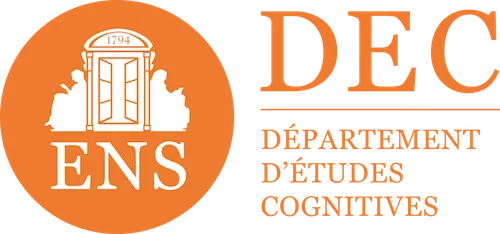

How to rely on AI for your Professional Training?
The limits of e-learning
Classic e-learning, while effective in transmitting theoretical knowledge or simple technical skills, shows its limits when it comes to preparing learners for concrete and complex situations. Standard exercises are often too generic, lack personalization and do not accurately replicate the challenges of the field. Also, they rarely offer a in-depth and individualized feedback, leaving learners uncertain about their strengths and areas for improvement.
In the absence of appropriate guidance, learners may remain passive and find it difficult to apply what they have learned in their professional context. However, according to cognitive science, learning is strengthened when learners are confronted with authentic tasks and receive accurate and targeted feedback. These approaches not only promote active engagement, but also the consolidation of knowledge in long-term memory and its transfer to new situations, skills that are often overlooked in traditional e-learning formats.
6 reasons to integrate a personalized corrected activity (by an AI coach) into your training
Personalized remedial activity is a powerful approach to maximize the impact of training courses, by offering learners a practical, targeted experience that is adapted to their needs. They consist of scripting an exercise and asking the learner for a free response, which he can type on his keyboard or say orally using our voice-to-text feature.
Here are 6 essential reasons to integrate this method into your educational systems:
- Encouraging learning transfer : Learners retain better and apply what they have learned more easily when they practice in situations that are close to reality.
- Simulate concrete contexts : By completing complex tasks as they will be presented in the field, learners mobilize essential skills at the right time.
- Receiving constructive feedback : Contrary to reality where feedback is often rare or superficial, the corrected activity offers precise, benevolent and directly actionable feedback.
- Optimize cognitive load : Focusing on 3 key criteria per attempt allows effective progress without overburdening the learner.
- Personalizing learning : Each learner benefits from feedback adapted to their needs, promoting individualized progress.
- Consolidating skills : The corrected activity complements the guided exercises to further the mastery of learning in complex contexts.
Didask and the activity corrected by AI
Before the arrival of AI, offering a personalized coach for each learner was impossible: it was inconceivable to provide, on a large scale, detailed corrections adapted to tailor-made exercises.
With Didask, AI-corrected activity is revolutionizing this approach, offering each learner unique and targeted support, hitherto reserved for individual and very expensive contexts.
Didask offers 4 types of educational activities, each adapted to specific objectives to sustainably anchor learning:
- Restitution activity: The learner reformulates or lists the essential elements.
- Example: “List 3 best practices to avoid cognitive biases when recruiting.”
- Application activity: The learner carries out an operational task.
- Example: “Write a professional response to a dissatisfied customer.”
- Analysis activity: The learner identifies the relevant elements in a situation.
- Example: “Is this situation a conflict of interest? Justify your answer.”
- Reflective activity: The learner reflects on a subject related to the training.
- Example: “As a team leader, how do you define your role in conflict management?”
Course of a corrected activity
First, the learner makes a first production by responding to the proposed statement.
This stage allows him to mobilize his knowledge and skills independently, without excessive guidance.

Then, the AI coach enters the scene in a conversational mode, analyzing the learner's production according to the criteria previously defined by the designer.
It proposes a tailor-made correction, highlighting specific points of improvement while valuing successes.

The learner can then continue the exercise in the form of a dialogue with the AI coach.
As with a human coach, he receives precise feedback, can ask questions and adjust his production according to the feedback received, in order to progress step by step.

Our customers love it
Since its launch in September 2024, our pilot customers have created an average of 5 corrected activities, each carried out several hundred times with excellent feedback. This approach has allowed each client to save hundreds of hours by reducing the need for tutors, while offering quality support thanks to the AI coach. Learners thus benefit from a accurate and engaging feedback, promoting a rapid and effective increase in skills. Imagine that your learners complete an e-learning course, and you can ask them to say in their own words what they learned from the course: that's exactly what you can do with the Didask corrected activity.
A new era for pedagogy
Personalized corrected activity using AI is a major advance in the field of training.
Thanks to Didask, it is now possible to combine the realism of concrete situations, the richness of personalized feedback and the educational effectiveness of digital tools.
This revolutionary approach makes it possible to transform learners into committed actors in their own learning, by sustainably consolidating their skills in various operational contexts.
By integrating this innovation into your training systems, you not only maximize the value of your educational content, but you also offer your learners a unique and tailor-made experience, adapted to the requirements of the professional world.
Make an appointment directly with our eLearning experts for a demo or simply more information.












